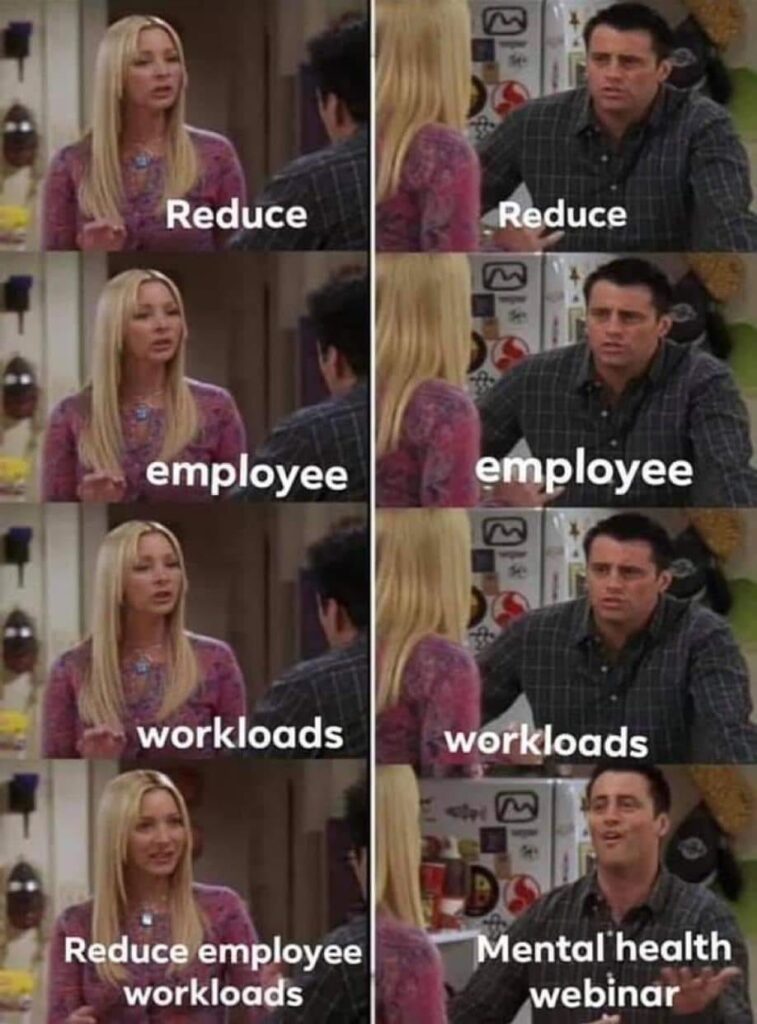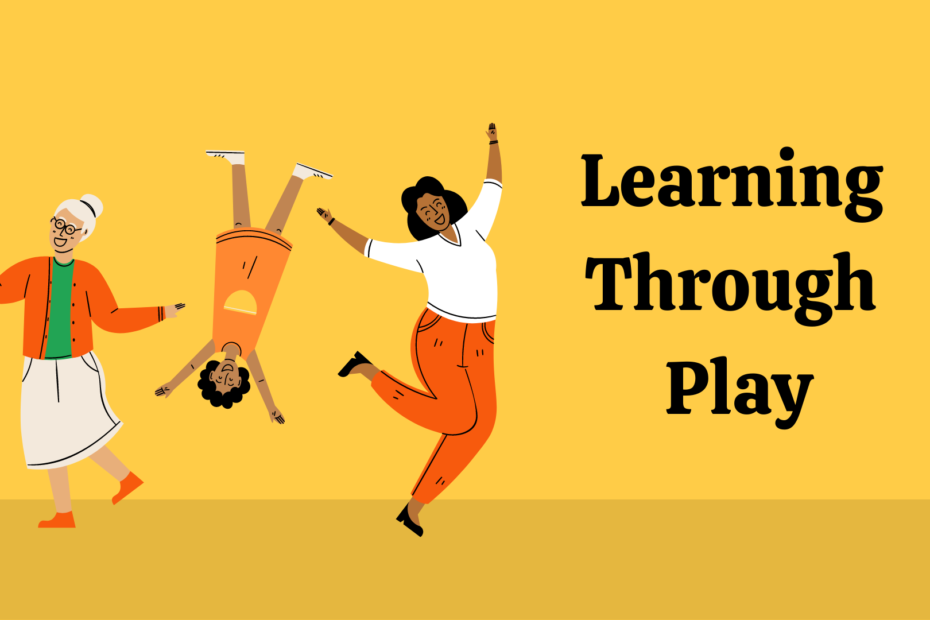This post was originally published as an assignment for INFO 287 Seminar in Information Science: The Hyperlinked Library at the School of Information at San José State University.
It’s been a long hard year. Let’s try to have some fun.
“The opportunity to learn throughout life is a basic condition for the modern human being and the development of a healthy democratic society” (Lauersen, C. 2020). Lauersen describes the Roskilde Libraries‘ newly adopted strategy that will parallel the UN’s Global Sustainability Goals by becoming the “creative and inspirational focal point for all citizens meeting with learning, culture, community and diversity”. They will do this by prioritizing five areas:
- the joy of reading
- lifelong learning
- music for everyone
- digital literacy & well being
- democratic participation & dialogue
If, as Michael Stephens writes in The Heart of Librarianship, “librarians are the facilitators of learning” (p.120), then these five areas read like the instructions to a holistic approach for professional learning experiences for our internal community. Library folk will serve their communities best when given the same opportunities outlaid in Roskilde’s strategy.

I think one of the best things about the information profession is the endless opportunities for learning. If you are happy with the status quo or are resistant to change, then librarianship may not be the best career for you. We learn through play, collaboration, listening, storytelling, and risk-taking. So let’s start with PLE’s for the staff that will give them the opportunity to enjoy reading! We’ve all heard the myth about how all librarians do is sit around and read all day. So, let’s go ahead and give them that opportunity.
Our libraries aren’t just warehouses for books! We provide music, movies, audiobooks, and more. Let’s encourage the internal community to connect to the joy of listening and playing with these mediums.
Make the library a classroom for staff too by creating opportunities for lifelong learning and digital literacy. Library staff, particularly part-time staff can miss out on learning opportunities and can’t spare time to attend conferences. By offering bite-sized lessons for busy library staff such as this creative classroom model. This is an empathetic approach to training staff who are likely overworked both emotionally and physically. Learning 2.0 is a self-discovery program that encourages staff to share and learn about emerging technologies (Blowers, H. 2006). 23 Things is not a training program, but a learning program “motivating employees to explore new technologies on their own time, and engaging them in a journey in a network of co-learners” (Blowers, H. 2017)
Democratic participation and dialogue can happen during meetings and conferences where these five questions for a facilitated discussion can show library administrators what the needs of its community really are.

But the participation and dialogue also come by providing the time and space for staff to learn from each other such as this tip-sharing blog, show and tell. Or learning through play activities such as Art Machines, or by taking a page from Google’s 20% time by giving staff the freedom to innovate on their own.
“Learning through play is not just an abstract idea. It is an experience that we’ve all had, but sometimes we need a little bit of a reminder about what play is. Not everyone plays, some of the participants become documenters. At the end of the experience, everyone will be able to reflect on what they learned. Because we not only need people to play and try out new ideas. But, we also need them to become aware of that process of what it’s like to be exploring new things and why it’s so important to develop creative confidence. We know that whenever people are playing they’re learning, but we don’t always know how to show them that they’re learning. So, the documentation and the reflection period is a space for everyone to think about that experience and make connections to the big ideas they learned through play” (Amos Blanton).
Google’s 20 percent time, many of the company’s most popular applications were developed from ideas generated by employees during this 20% time. The essence of this is akin to some of the other professional development trends discussed in the infinite learning module.
This also reminds me of some of the arguments against remote work and employers monitoring staff’s work-from-home activities. I can recall where I read this statement (likely some Twitter thread about tracking software) “I solved our accounting problem when I was pulling weeds in the garden, so back off on thinking you can monitor my mouse activity. That is no indicator of how much I am working”.
These students came up with some great ideas during their 20% time. Imagine what library staff could come up with 🙂 How many of these projects would be transferable to a library participatory service project?
However, there is something I keep thinking about throughout this course. We are learning a lot about the fantastic programs and services libraries are doing to connect with their communities. We listened to stories of the heroism librarians and staff members demonstrate in the face of crisis, hurricanes, food shortages, but what we have not addressed is the profound disparity in compensation and staffing, especially for the library support staff.
Kelsey Simon addresses some of these issues, for example, under-compensation and job creep are notable stressors for library staff (2020). Do libraries show more compassion to their external communities than the internal ones that keep the system running? Certainly emphatic and responsive professional development programs can be an important step in learning what the internal community needs. Look to Stephens article on PLE, the five questions to ask during a professional development day can reveal what the staff is looking for.
Yet, if we look at the national trends in people leaving the workforce, I do wonder if the pay structure for library employees needs some serious reevaluation. Library work can be incredibly rewarding, yet no amount of professional development can address fundamental issues that all workers face. Such as unpredictable work schedules, workloads, lack of benefits such as health insurance and paid time off. Like teachers, I think library workers are grossly underpaid. Especially when, as Simon notes, the emotional labor that library workers are expected to utilize. Increased compensation along with reduced workloads can go a long way in demonstrating the same compassion to our internal communities that we require of them for our external ones. Just look at the way library workers were held to account during the last year of the COVID-19 pandemic. Showing up for their community, but excluded from falling under the essential worker label for vaccination guidelines. I think the best professional learning experiences a library employee can be offered right now, is flexibility and patience.

Do library administrators miss the mark in demonstrating an understanding of what their staff needs to succeed?
This timely meme was shared on the Facebook group, LibraryThinkTank.
If the grumblings expressed in the comment section under this meme are any indicator, that’s a big YES! The internal community in LibraryLand begs, please less: Pizza Party!, Free subscription to Headspace!, or Certificates of Appreciation, and more compensation, health insurance, paid time off.
